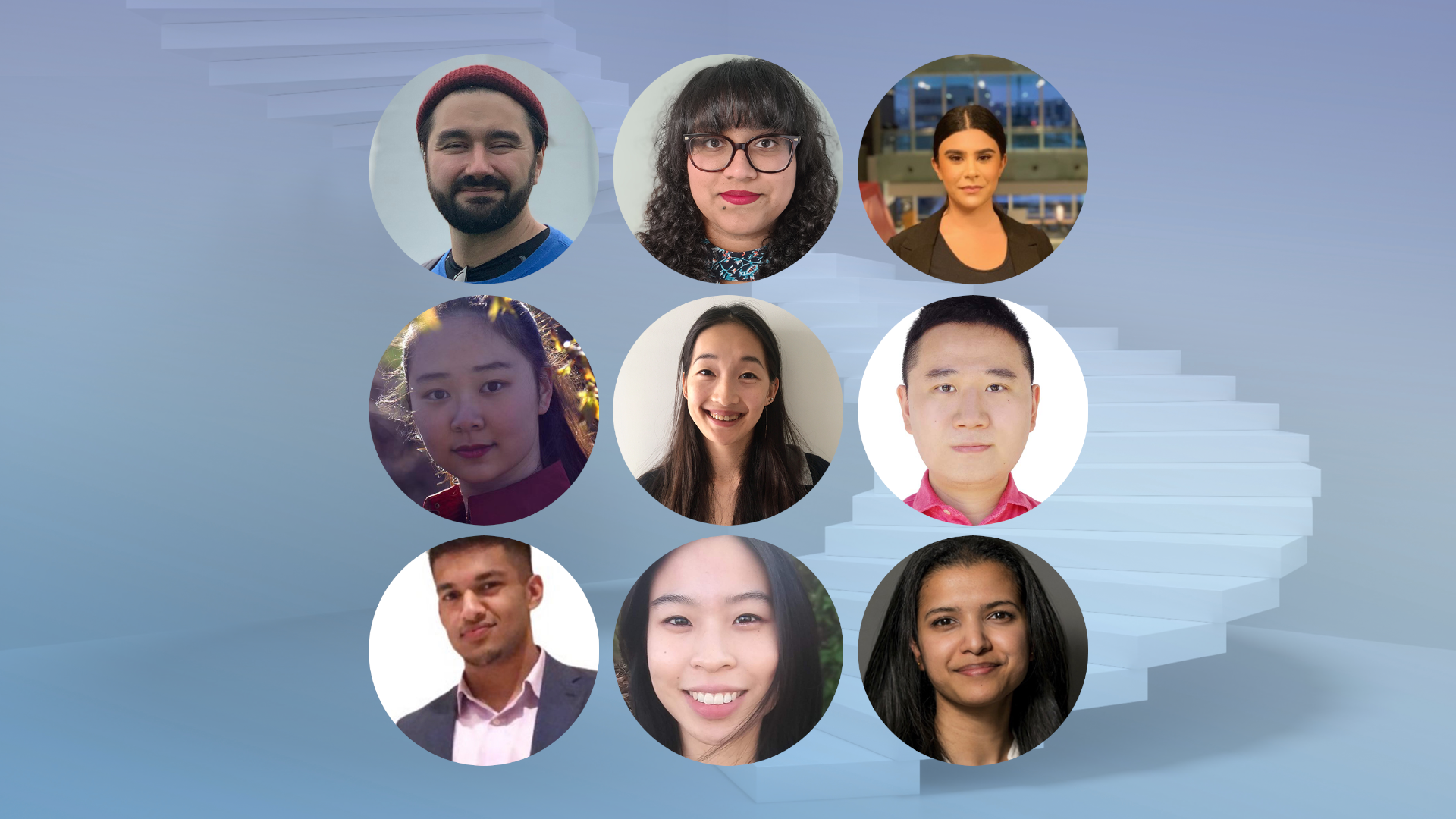
Redrawing data boundaries: From private collection to public good
Can the data collected by private companies be recognized as a public resource to be leveraged for social good? What obstacles stand in the way? In a panel discussion at Absolutely Interdisciplinary 2022, SRI Associate Director Lisa Austin discussed the shape of data today with Eric Horvitz (Microsoft), Aziz Z. Huq (University of Chicago), Robert Seamans (Stern School of Business, NYU), and Pamela Snively (TELUS).
Explanation and justification in partial view AI models
Calls for AI to be “explainable” have been mounting for several years, leading computer scientists to provide accounts of the decisions of complex ML systems. But are such accounts the only kinds of explanations we need? At Absolutely Interdisciplinary 2022, Finale Doshi-Velez and Boris Babic explored the differences between explanation and justification, and how insights from other regulatory domains can help us build trustworthy systems.
Evolutionary biology offers new perspectives on designing AI
In a session at Absolutely Interdisciplinary focused on collective agency in evolution and AI, SRI Research Lead Denis Walsh, Kate Larson, and Richard Watson discussed what insights evolutionary biology and computer science can teach each other about multi-agent systems, collectives, and the paradox of individuality.
AI provides new insights into social learning
In a session at Absolutely Interdisciplinary 2022 on “Natural and Artificial Social Learning,” SRI Associate Director Sheila McIlraith, Faculty Affiliate Jennifer Nagel, and Natasha Jaques of Google Brain explored how social learning can benefit a wide range of agents, including humans and AI systems, and how insights from philosophy and computer science can illuminate each other.
2022 SRI Graduate Workshop explores “Technologies of Trust”
How are advanced technologies shaping beliefs and truths in our daily lives, and what role does trust play in developing new technologies? At the 2022 SRI Graduate Workshop “Technologies of Trust,” a wide range of interdisciplinary scholarship explored these themes in relation to health sciences, philosophy, management, and education.
Absolutely Interdisciplinary 2022 explores new solutions for a changing technological landscape
The Schwartz Reisman Institute’s academic conference hosted eight panels featuring 30 presenters, with sessions offering innovative responses to the challenges of today’s technological landscape, including questions of data privacy, explainable AI, evolutionary approaches to system design, digital rights, and recommender algorithms.
Munk School panel explores how information technologies affect the realities of war
In a panel co-hosted by the Munk School of Global Affairs and Public Policy and the Schwartz Reisman Institute, Jon R. Lindsay, Janice Stein, and Peter Loewen explored the impacts of emerging technologies on warfare, in the context of the ongoing Ukraine conflict.
Absolutely Interdisciplinary 2022: Speakers and sessions announced
The full complement of speakers and sessions for Absolutely Interdisciplinary 2022 have been revealed. The annual academic conference hosted by the Schwartz Reisman Institute will be held virtually from June 20–22, and features speakers from the University of Chicago, Google Brain, Harvard, McGill, Microsoft, NYU, University of Southampton, the University of Toronto, and UC Berkeley.
Algorithms and the justification of power
In a recent SRI Seminar, philosopher Seth Lazar of Australian National University explored the implications of the widespread use of algorithms in digital public spaces, and the questions they raise for governance, power, and justification. SRI Graduate Fellow Morgan MacInnes reflects on Lazar’s presentation.
How the evaluative nature of the mind might help in designing moral AI
In a recent SRI Seminar, Julia Haas explored a new conception of the human mind as fundamentally evaluative in nature. According to Haas, a senior research scientist in the Ethics Research Team at DeepMind, this insight could assist in designing expanded forms of artificial intelligence that incorporate moral questions.
How algorithms can strengthen democracy: Ariel Procaccia on designing citizens’ assemblies
The practice of sortition, in which random selection is used to generate citizens’ assemblies, is a method of political representation as old as democracy itself. In a recent SRI Seminar, Harvard professor Ariel Procaccia discussed how better algorithms can ensure this process accurately represents population demographics. SRI Graduate Fellow Lillio Mok reflects here on the implications of Procaccia’s research.
SRI Graduate Fellows invite submissions for 2022 workshop, “Technologies of trust”
The 2022 Schwartz Reisman Graduate Workshop invites graduate and early career scholars to present their work at a one-day, virtual event on June 20th, as part of Absolutely Interdisciplinary 2022. Organized by SRI’s Graduate Fellows, this year’s workshop centers on the theme of trust, broadly defined, and its relationship to technology and society.













